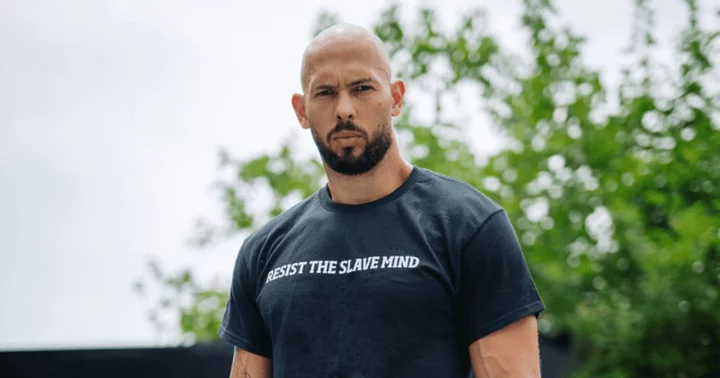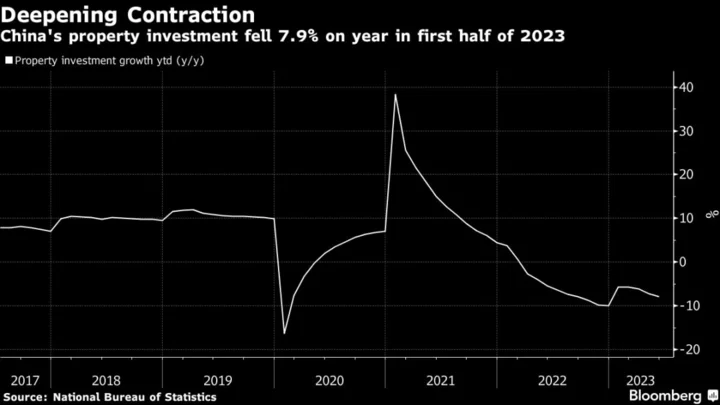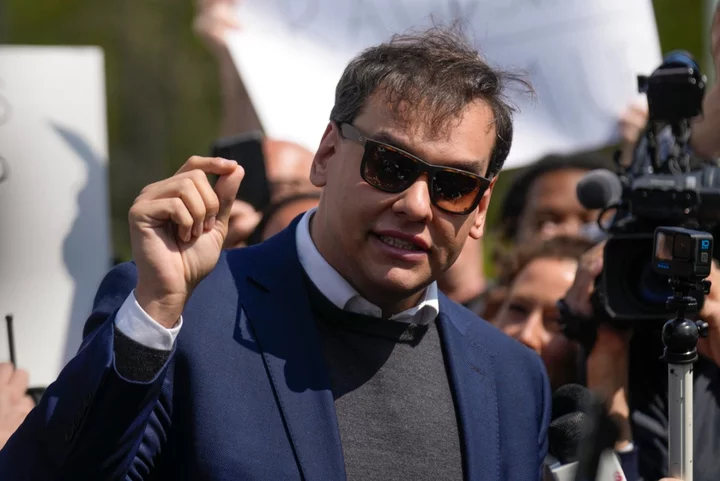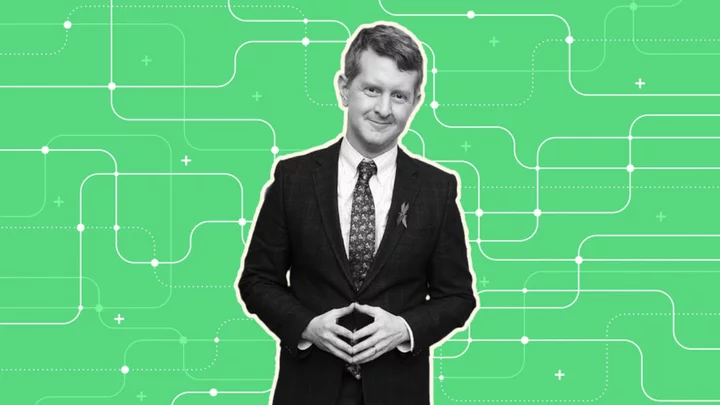
Uttarakhand: Why India tunnel collapse is a startling wake-up call
The tunnel collapse trapping 41 workers occurred in a highly sensitive Himalayan ecological zone.
2023-11-28 06:26

Russian aircraft harass US drones over Syria for third time this week
Russian aircraft once again harassed US MQ-9 Reaper drones over Syria Friday, the Air Force said, in a sign of increasing friction between the two countries in Middle East airspace.
2023-07-08 10:56

4 people arrested on suspicion of hanging Vinícius Junior effigy off bridge
Spanish police say four people suspected of hanging an effigy of Real Madrid player Vinícius Júnior off a highway bridge in Madrid in January have been arrested
2023-05-23 16:20

Internet not surprised as Cassie Ventura releases raft of horrifying allegations against Diddy
Cassie Ventura claimed that Diddy subjected her to abuse for a decade, while the rapper's lawyer has vehemently denied the claims
2023-11-17 16:23

Brazil: Lula tightens gun control amid surge in ownership
The Brazilian president has rolled back looser gun controls brought in by his far-right predecessor.
2023-07-22 08:48

The easiest way to get a $7,500 tax credit for an electric vehicle? Consider leasing.
Thanks to a boost from the government, leasing — not buying — is becoming the most affordable way to get your hands on an electric vehicle
2023-05-30 22:22

Andrew Tate criticizes gender transformation process by arguing it challenges 'decisions of god', fans dub it 'biggest sin'
Andrew Tate criticized gender transformation surgeries, claiming they challenged divine order and might lead to negative outcomes
2023-09-16 17:54

China Property Investment Drop Deepens as Beijing Vows Help
China’s property investment contracted at a steeper pace in the first half of the year, underlining the sector’s
2023-07-17 13:18

TikTok needs to do more to comply with Europe's new digital rules, official says
A top EU official says TikTok needs to do more to get ready for new European Union digital rules taking effect next month aimed at keeping users safe online
2023-07-19 01:25

Critical negotiations on deep sea mining kick off in Jamaica
Critical negotiations concerning the future of deep sea mining and mineral extraction kicked off Monday in Jamaica, as conservationists aim to rein in a nascent industry...
2023-07-11 06:16

Things to know about the case of a Missouri doctor found dead in Arkansas
The case of a Missouri doctor whose body was found in an Arkansas lake more than a week after he was reported missing remains shrouded in mystery
2023-06-03 05:46

Niger's citizens undaunted as deadline to reverse coup expires
By Boureima Balima NIAMEY (Reuters) -Niger's capital was calm on Sunday, with citizens appearing undaunted by the threat of military
2023-08-06 21:18
You Might Like...

Abortion pill ban appeal to be heard by 3 GOP-nominated judges ahead of expected return to Supreme Court

Core Love: Uploader of Alysha Duran video claimed to have has 300 near death experiences

Biden slammed for claiming he hasn't 'stopped winning' while Trump 'hasn't stopped losing' in fiery speech

When Andrew Tate claimed influence over youth and alleged 'Matrix' would 'kill' him, trolls labeled him 'terrible role model'

George Santos calls federal charges a ‘witch hunt’ and refuses to resign following arrest

Germany seeks answers from Poland in a visa fraud scandal involving migrants from Asia and Africa

What’s the Kennection? #89

Why did Britney Spears and Sam Asghari split? Source claims the couple is heading for divorce
